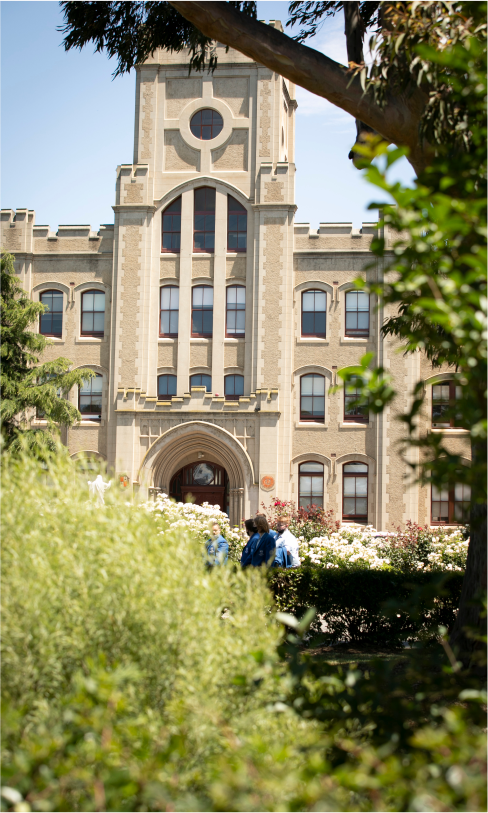ICT News
Cybersafety Part 2: What is posted on the Internet remains there forever!
Once posted, it’s toasted!
Consider this true story. A teenage girl takes some photos of herself modelling and posts these photos up on her social media account for her friends to see. Some months later, she is travelling in a bus and notices an advertising billboard with one of her modelling photos on it. Shocked and curious, her concerned parents contact the advertisers only to discover that a social networking site had sold her photos to them without their daughter’s prior knowledge or consent. But when the teenager rings up the social networking organisation, she is politely informed that when she signed up for an account and agreed to their Terms and Conditions, she was in fact agreeing to hand over to them the copyright and ownership of all future content she posts – text, photos, videos, everything! She will never get a single cent out of the social networking organisation, and she will never be able to stop the organisation using her photos or videos as it sees fit.
What about when applying for a job? Does having a social media account or signing up for online competitions matter? Absolutely! The Internet is like ‘Big Brother’, constantly gathering data about a person’s private life. It is now commonplace for employers to use Google and social networking sites to do background checks on job applicants before deciding whether to interview them for a job. There are also organisations that are paid to ‘dig up’ as much online information about job candidates as possible, in order to build an accurate profile about them and therefore help make an informed decision about whether to invite them for an interview and hire them. This is known as ‘Data Mining’.
On the Internet you may be surprised at the amount of personal information available about people – this information is not protected by privacy laws, since it has been willingly posted on the Internet each time a person adds their profile details to a social networking site, or signs up for free downloads, ringtones, or competitions, or posts an Instagram picture, blog or tweet.
Parents/guardians, please encourage your child to think twice about posting the following online: boasting, being crude or talking about socially negative behaviours like theft, drug use, homophobia, xenophobia or getting drunk. These character blights will form part of your child’s online curriculum vitae.
It gets scarier. Even when deactivated, a Facebook account is kept forever; officially, this is so no one else can use the same name. But once a person’s information is put out there on the Internet, it can never be taken back! It is kept on a database and can be accessed by people with sufficient authority, even if that information does not appear to be visible to the public.
What can parents/guardians do to protect themselves and their children from cyber-theft?
1. Ensure they remove any content that someone else may find valuable or which may be used to hurt or bully them in future;
2. What about closing the Facebook account? Closing down the account alone is not sufficient. Delete all photos before closing it down; nevertheless, all content will still be kept in archives, and can still be indexed by Google. And if someone else has already downloaded those photos, they can still repost or do what they like with the photos without asking for permission or telling anyone about it;
3. When signing up for things like social networking sites, add only the minimum information. Never fill in fields that are not asterisked. Never provide a surname, or at least a real surname. Never supply a date of birth, or at least a real date of birth. Never give out a personal, work or school email address. At the very most, use a temporary email address that can easily be dumped later on. Keep your personal email address only for important correspondences, such as for family, close friends and work.
4. Never use the school email address for anything other than for school related activities.
Stay safe online. Be careful not to get burnt!
Victor Dalla-Vecchia
ICT Manager






















